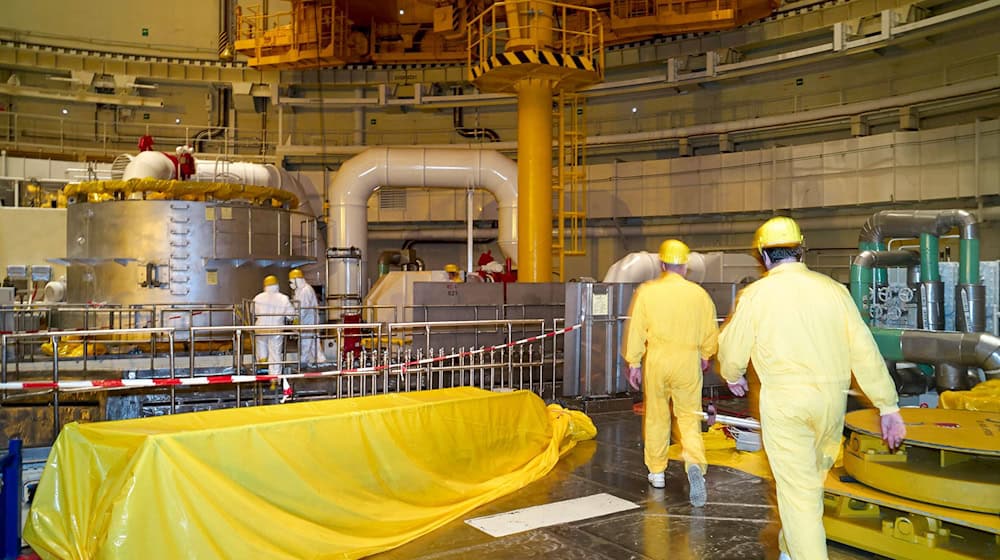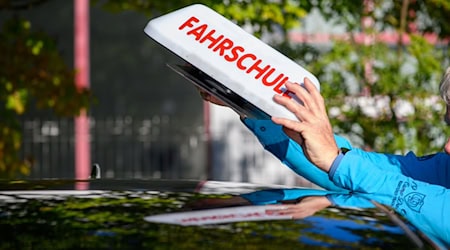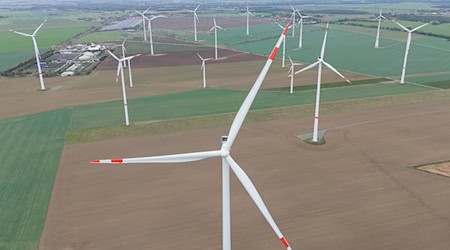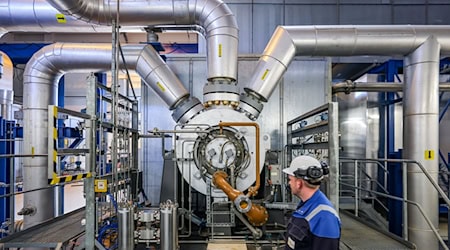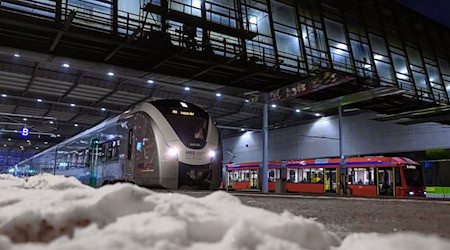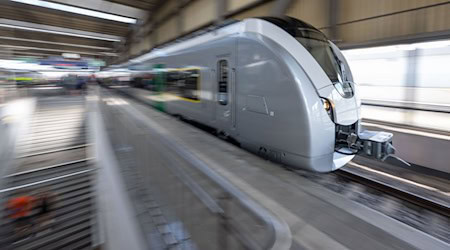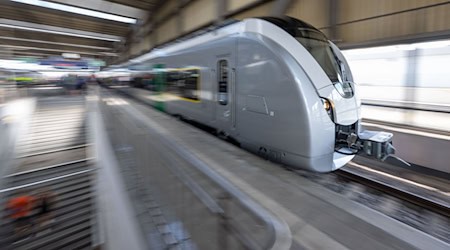The Czech Republic has definitely awarded the South Korean energy group KHNP the contract for the construction of two new nuclear power plant units at the Dukovany site. Representatives of the specially founded company Elektrarna Dukovany II and Korea Hydro & Nuclear Power (KHNP) signed the corresponding contracts on Wednesday. This was announced by the Ministry of Industry in Prague. Elektrarna Dukovany II is 80 percent owned by the state and 20 percent by the partly state-owned energy group CEZ.
Hurry after court decision
Just a few hours earlier, the Supreme Administrative Court of the EU member state had overturned an interim injunction issued by the Regional Court in Brno. The court had prohibited the signing of the contract until a decision had been made on a lawsuit filed by the French nuclear power company EDF against the award procedure without a public tender. EDF had failed with a complaint before the competition authority.
Costs in the billions
Head of government Petr Fiala, who faces a parliamentary election in four months, defended the awarding of the contract to South Korea. "This is an important step on the way to greater energy independence and security for the Czech Republic," emphasized the liberal-conservative politician. According to previous information, the costs per reactor are the equivalent of around 7.9 billion euros. Domestic industry is to be involved with a 60 percent share in the form of contracts. Construction is due to start in 2029.
Old reactors to be replaced
The Dukovany nuclear power plant site is located around 200 kilometers east of Passau, around 280 kilometers southeast of Dresden and 100 kilometers north of Vienna. Four pressurized water reactors of the Soviet design VVER-440/213, which are already more than 35 years old, are currently in operation there. The Czech Republic wants to increase the share of nuclear power in its electricity mix from the current one third to more than half by 2040. Czech, German and Austrian opponents of nuclear power have long criticized the plans as outdated.
Copyright 2025, dpa (www.dpa.de). All rights reserved

